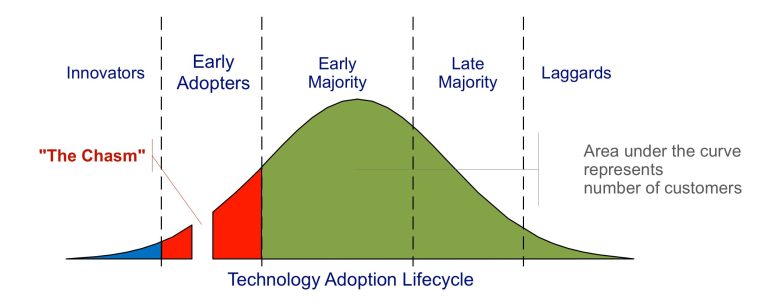Let’s discuss where I see the significant gains in #geospatial technology will come from over the next 3-5 years. I’ve been excited about the upcoming innovations that will revolutionize our industry. Here are my top 5:

Undoubtedly, one of the most significant growth areas in geospatial technology lies in combating climate emergencies. Recent events, such as the devastating wildfires in Lytton, BC, emphasize the urgency of understanding and adapting to climate change. Geospatial technology, with its prowess in mapping flooding, forest fires, heatwaves, and changes in land cover and sea temperature, will be indispensable in connecting the dots for effective action. The spatial elements of human geography, densification, and transportation corridors further highlight the critical role geospatial tech plays in climate resilience.

The industrial landscape is undergoing a profound transformation, and geospatial technology is at the forefront of this change. From mm-level positioning enhancing efficiency to the convergence of high-accuracy, low-latency positioning, digital twins, XR, autonomous robotics, and hyperspectral imaging, the possibilities are vast. As industries look to automate and innovate, geospatial tech becomes the linchpin, offering new efficiencies and opportunities. The cost-effectiveness of industrial robots, coupled with their increasing capabilities, presents a change in thinking that will reshape factories and industrial facilities in the coming decade.

Industries like Oil & Gas, construction, mining, and forestry are giants in contributing to GDP, but they often lag in adopting modern technology. The digital transformation journey of these 19th-century industries relies heavily on geospatial technology. From sourcing and planning to extraction, movement, and sales, geospatial tech is not just about making better maps but reshaping the entire workflow. The potential for resource industries extends into IoT sensor-enabled sites, real-time location data, and comprehensive operational context.
In the era of data-driven insights, geospatial technology is positioned to play a pivotal role in the “Internet of Behaviour” (IOB). Big tech companies have been using personal data to create profiles, and now geospatial tech stands to contribute to this evolving landscape. The emphasis on behaviors rather than just “things” opens opportunities for creating products and services that balance the fine line between benefitting companies and consumers without crossing the realm of privacy concerns.
Did you know? Location Intelligence and the “Internet of Behaviour” is a concept that refers to the use of location data to better understand human behavior. It involves collecting and analyzing data from various sources, such as mobile devices, social media, and other online platforms. The insights gained from this data can be used to improve products and services and personalize marketing strategies. This concept has become increasingly important as more people use mobile devices and social media to interact with the world around them.

The landscape of geospatial data capture is evolving rapidly. What used to be the most challenging part of geospatial technology – data capture – is seeing a dramatic shift. Miniaturization and cost reduction in components have empowered smart devices with advanced sensors. From lidar sensors in the iPhone 15 Pro to innovative approaches like rewarding users for capturing photos through commercial airline windows, data capture is becoming more accessible. As vehicles become data hubs, the opportunities to harness this information into coherent and reliable data sources are expanding.
In conclusion, the geospatial industry is poised for remarkable growth over the next 3-5 years, driven by advancements in climate change resilience, industrial automation, digital transformation in traditional industries, the evolution of the “Internet of Behaviour,” and novel data capture methods. I invite you to stay tuned for further insights into these transformative trends and how they will shape the future of our dynamic industry. Together, let’s navigate the opportunities and advancements that lie ahead.
Jonathan Neufeld, co-founder at GNO-SYS Technology, is a visionary leader and a passionate problem-solver with over 20 years of experience in the geospatial innovation industry. He is unwaveringly optimistic about the future of geospatial tech and its potential to create positive impact in the world.
Jonathan holds an MBA from the University of Calgary and is a professional Geomatics Engineer. He is also a TEDx speaker, and a conference organizer.
